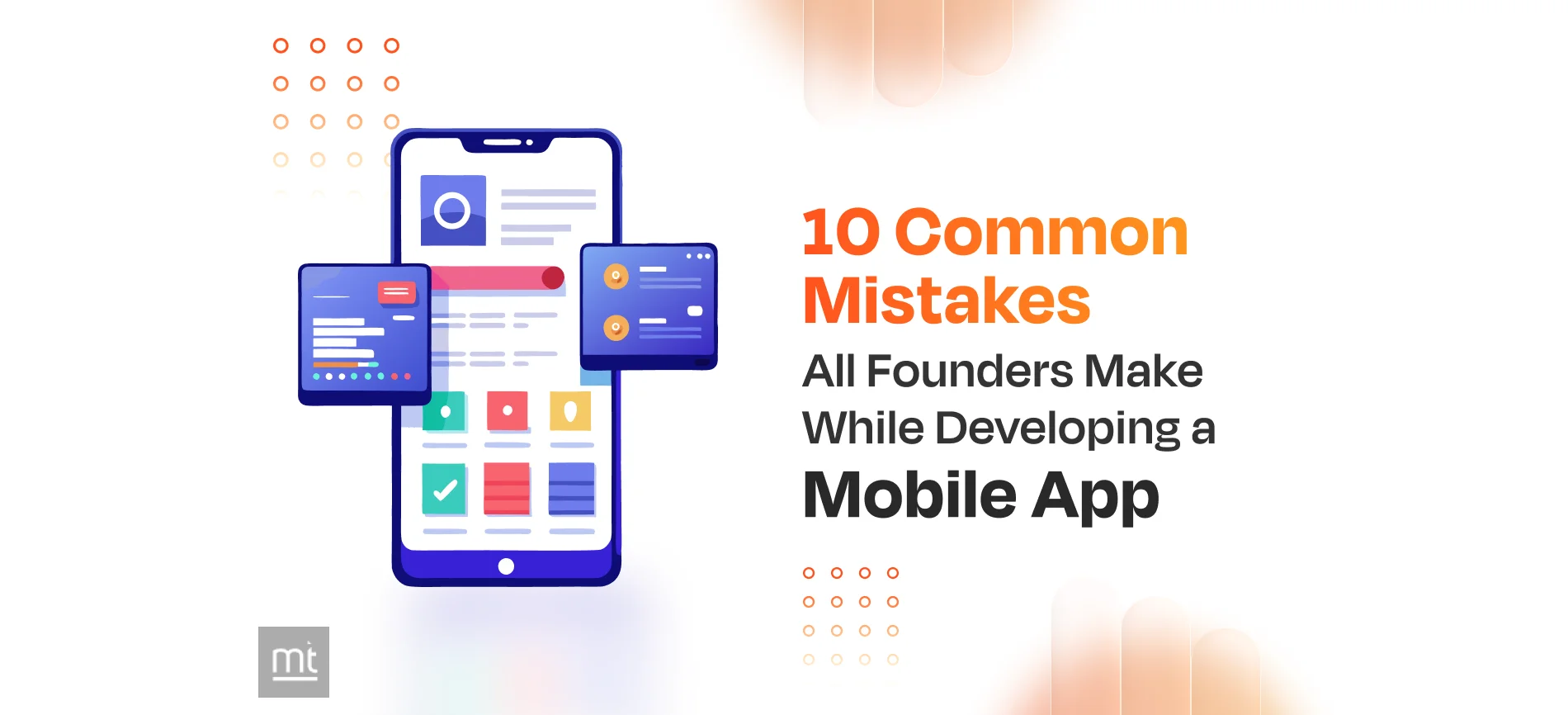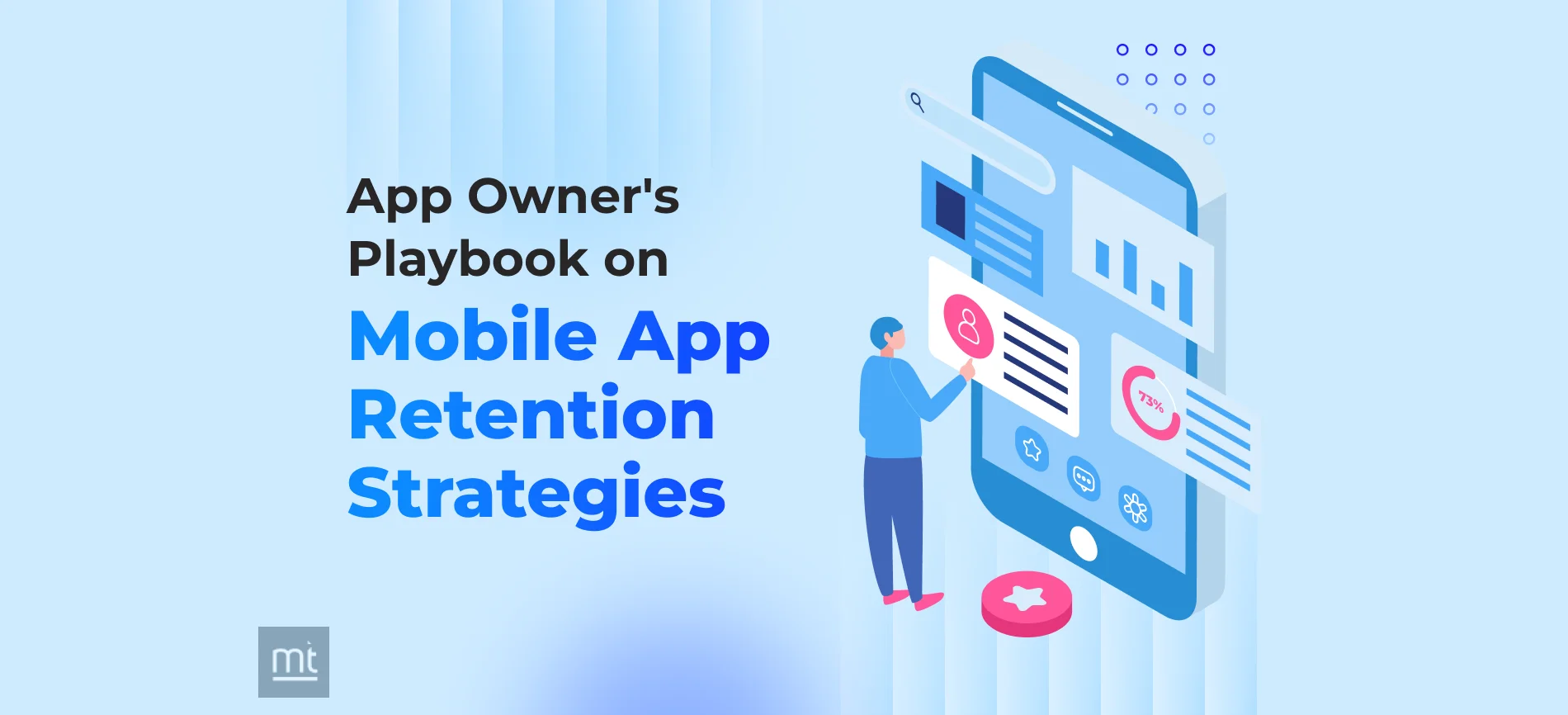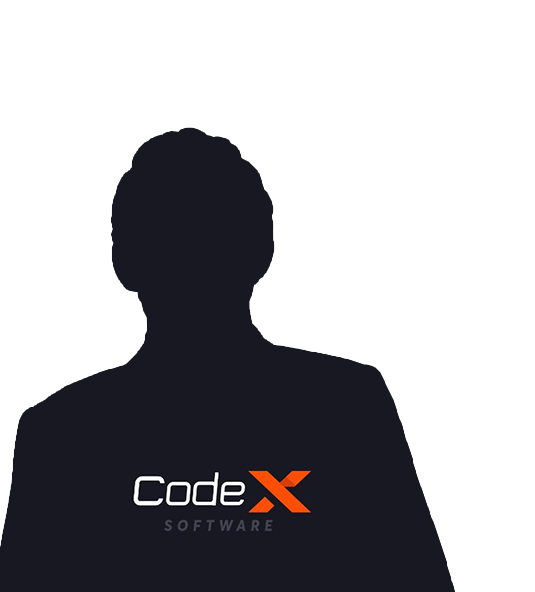Get Free Trial Week Developer Access, Try Before You Hire. Click Here to Claim Now
If you are an Android developer, you must have heard about the Flutter app development. Flutter is a free, open-source and relatively new framework that is used to design mobile applications for different platforms with a single code. The growing user demands and the advent of new technology are forcing the companies to come up with a faster and easier way to develop mobile apps to reach more prospects with limited budget. While native app development for Android and iOS requires separate code base, more time and higher cost, the businesses nowadays are turning to cross-platform development because of the benefits it offers over native apps. In this post, we will discuss a few key aspects of Flutter that has significantly affected the Native development.
#1 Developer’s Productivity
While developing native applications for Android and iOS, the developers are required to build the entire app from the scratch using Android Studio along with other native application development tools. It also requires additional Android virtual devices or emulators to run the applications. When developers make any amendments in the app, they have to rebuild third party dependencies again in order to see changes in the emulator. While in the Flutter application development, any changes in the code are updated instantly in the emulator. Also, the amount of code needs to be written in Flutter is comparatively less. However, it may be time consuming for developers to learn and master the language.
#2 UI Elements
Google offers a whole host of powerful native UI elements to build a custom user interface. The developers can also use Android Studio’s interface builder to speed up the building process. Android UI docs contain all the basic information required to develop all types of UI elements. While Flutter on the other hand runs on its own framework and uses the concept of widgets to create high-end UIs. With plenty of widgets in Flutter, it enables developers to build complex UIs that support both Cupertino for iOS and Material Components for Android. It is necessary that you choose an expert Flutter application developers that has a dedicated team of UI designers to build highly responsive user interface designs.
#3 Technical Architecture
Although Flutter and Android are being built by Google, both the frameworks run on different architectures. The Native Android development uses Kotlin or Java language, while Flutter application development services are powered by Dart programming language. The applications build using Java and Kotlin are quite fast and smooth as they are entirely built using native elements. Flutter also has everything to build native apps without the need for creating communication channels with the native modules.
#4 Support for CI/CD
The process of developing and launching native apps is a little complicated, although they have solid support for build automation and testing capabilities from Android Studio. Native developers need to depend on third-party CI/CD servers, like TeamCity and Jenkins as Google doesn’t provide any dedicated CI/CD system for Android. On the contrary, Flutter is supported by Codemagic which offers seamless CI/CD solution that automatically identifies, tests, builds and packages the Flutter application without configuration. Codemagic enables easy developing, testing and launching to Play Store.
#5 Support for Testing
Android offers several tools for testing native apps where Developers can directly test them from Android Studio. There are dedicated Kotlin and Java frameworks for testing like JUnit for lower level testing and Espresso for UI testing. While Flutter offers a robust testing platform that allows developers to test the application at different levels. It has one amazing feature known as Widget testing that allows the execution of UI tests as fast as unit tests. Flutter integration tests are executed in a separate process, which can be run in real time on real devices.
Is Flutter Ready to Replace Native App Development?
If you think Flutter is quite a new language to learn and can get difficult to master for new developers, then it’s not completely true. Flutter is easy and simple too. Moreover, until the beginning of this year, Flutter was available only in beta version, but Google has announced the stable version of this platform with a strong roadmap and vision.
Despite some issues, Flutter is still being preferred by leading app development companies. The day is not far when Flutter will become the first choice for startups as well as large enterprises. As time will pass by, it will raise a lot of questions: Is Native app development going to end now? Will businesses choose Flutter over native apps?
The choice depends mainly on business requirements, budget and goals. If you have no budget and time constraints, and want feature-rich mobile apps for separate platforms, you may go for Native app development. But, if you are working on a budget and want a single app in a short time that runs flawlessly on multiple platforms, then Flutter is just right for you. Make sure you consult a professional Flutter app development company like ManekTech if you want a revolutionary mobile app that takes your business to the next level.
Recent Blogs
Subscribe to Our Newsletter!
Join us to stay updated with our latest blog updates, marketing tips, service tips, trends, news and announcements!




![Mobile App Monetization Strategies: How to Make Money from Apps? [The Complete Guide]](https://www.manektech.com/storage/blog/image/1760089356.webp)















